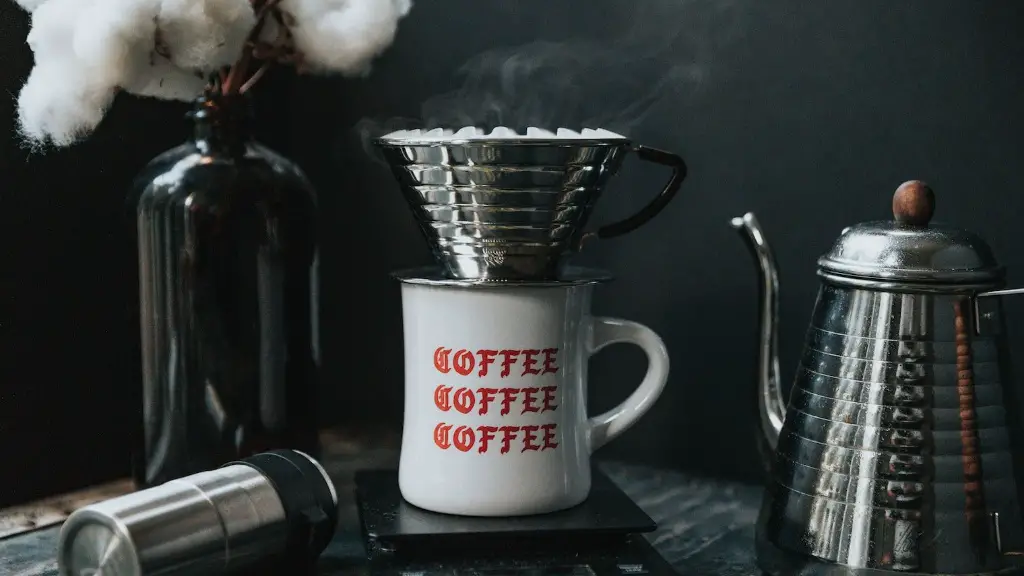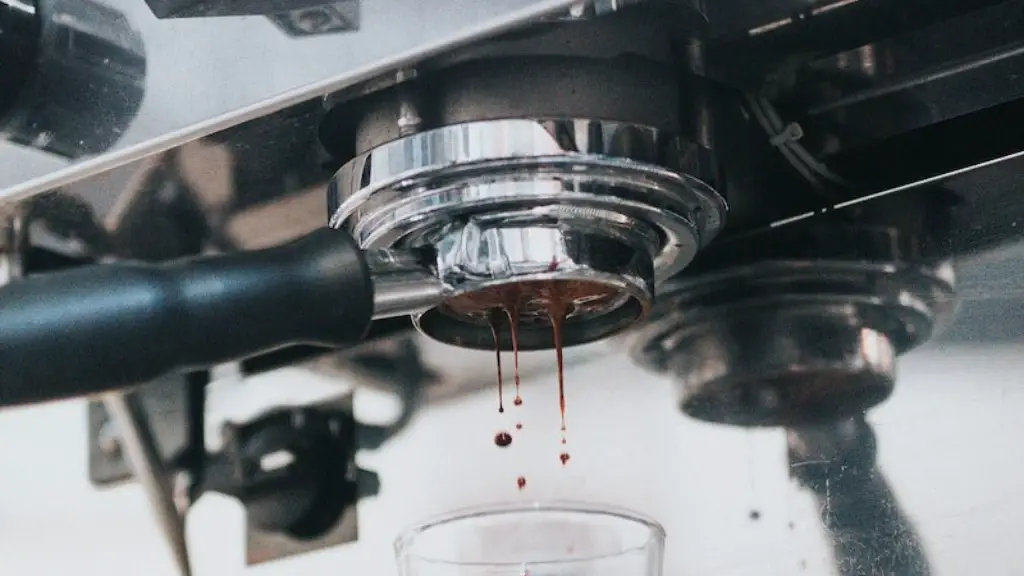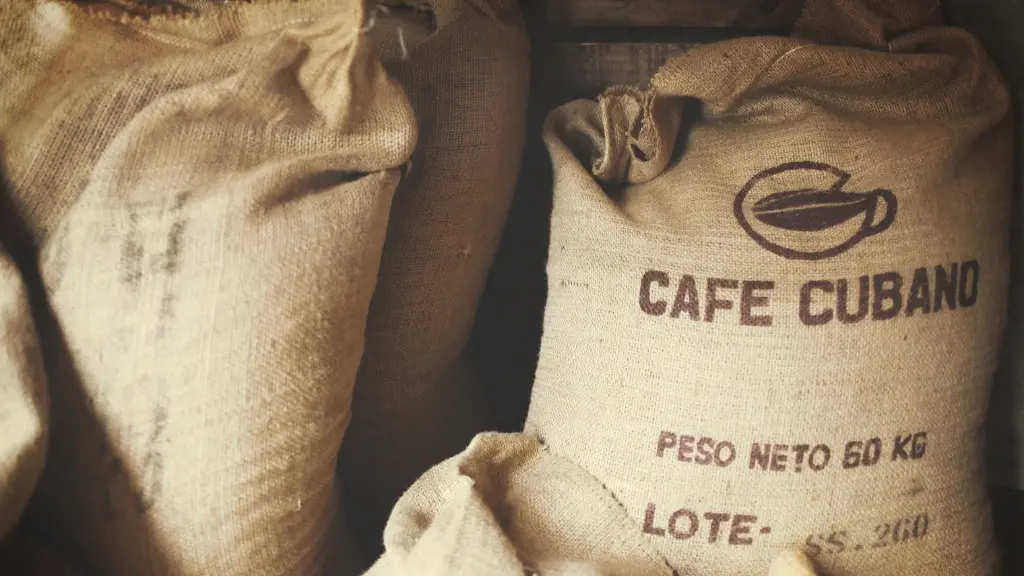Drinking coffee at the right time of day is an art that many people strive to master. There is an ever-growing consensus among nutritionists that drinking coffee at the “right” time of day can maximize its beneficial effects. This article examines when is the best time to drink coffee and why.
The first thing to note is that caffeine levels peak in the bloodstream within 45-90 minutes of drinking a cup of coffee. Free fatty acid mobilization increases for the next two hours. As such, it can be argued that the optimal time to drink coffee is first thing in the morning after waking up, just before mid-morning, or shortly after lunch. Other experts suggest that 6 PM is the ideal time for coffee consumption.
In terms of caffeine metabolism, the average half-life is 5-6 hours. This means that, based on the above recommendations, drinking coffee in the afternoon might be better than doing so late in the evening. It should be noted though that individual responses to caffeine vary depending on age, weight, and health conditions. Stimulant drugs such as antibiotics, antihistamines and anti-depressants can affect its absorption into the bloodstream — making its effects less pronounced. Additionally, genetics can play a part in how long the caffeine will stay in your body.
However, not all coffee drinkers are looking for its stimulant effects. Some simply appreciate its various flavors. For these individuals, it may be more beneficial to pick roasts with lower caffeine levels — such as light or medium-light roasts. Light roasts, for example, tend to have a sweeter taste with less bitterness. The flavor of light roasts can also be enhanced by medium roasts’ higher acidity and body.
The bottom line is that there is no “one size fits all” approach to when to drink coffee. For some, consuming a cup of espresso after dinner might be an enjoyable way to wind down. Some research suggests that this could even help reduce body fat in athletes. However, if you want to gain the most benefit from drinking coffee, it is probably best to stick to the classic times of day when its stimulant effects are strongest.
Personal Stimulant Effects
In order to get the most out of your cup of joe, it is important to understand your own personal stimulant effects. Everyone has a unique way of responding to the properties of caffeine. If you find that you are more sensitive to the effects of caffeine, it is important that you adjust when you drink coffee in accordance with this. Do not drink coffee late in the day as it may interfere with your natural sleep cycles. Additionally, avoid consuming too much caffeine as this can lead to unpleasant side effects such as jitters, nervousness, headache, and sleep disturbances.
The Health Benefits of Coffee
Coffee is packed with many health benefits. It is a rich source of antioxidants and has been linked to a reduced risk of a number of diseases, including type-2 diabetes, heart disease, and Parkinson’s disease. Additionally, caffeine can improve focus and reduce fatigue, making it an ideal choice for those who require a pick-me-up during the day.
Drinking Coffee in Moderation
Although coffee can be excellent for providing a mid-morning or midday jolt of energy, it is important to remember to drink coffee in moderation. Consuming too much caffeine can lead to increased anxiety, irritability, and insomnia. As such, it is important to take breaks from coffee and switch to decaf alternatives on days when you are feeling particularly anxious or sensitive to the effects of caffeine. Additionally, it is beneficial to remember to drink coffee with nutritious snacks such as nuts, fruits and vegetables. This can provide you with sustained energy throughout the day and help to regulate your caffeine intake.
Finding the Right Coffee
In order to get the most out of your coffee, it is important to find one that is tailored to your palate. Many coffee lovers take pleasure in finding the right blend that fits their taste, aroma, and roast. In order to do this, it is important to experiment with different types of coffee, from light to dark roasts, to find one that fits your tastes. Additionally, single origin beans can provide a unique flavor that may accentuate certain notes.
Improving Your Coffee Experience
Even if you are already a coffee enthusiast, there are still ways to improve your coffee experience. Grinding coffee beans just before brewing will provide the freshest and most flavorful cup. Additionally, try adding spices such as cinnamon and cardamom to your coffee for a warming and invigorating flavor. Lastly, consider pairing your coffee with different foods to enhance its flavor and the overall coffee drinking experience.
Caffeine-Free Alternatives
If you are looking to cut back on caffeine consumption, there are several full-bodied caffeine-free alternatives to coffee. Although they do not provide the same stimulating effects as traditional coffee, they do offer an enjoyable and rich taste. For example, chicory, dandelion root, and rooibos are all caffeine-free drinks that provide deep and unique flavors. Additionally, some coffee enthusiasts have begun to experiment with “cold brew” coffees that can be brewed without the use of heat.


